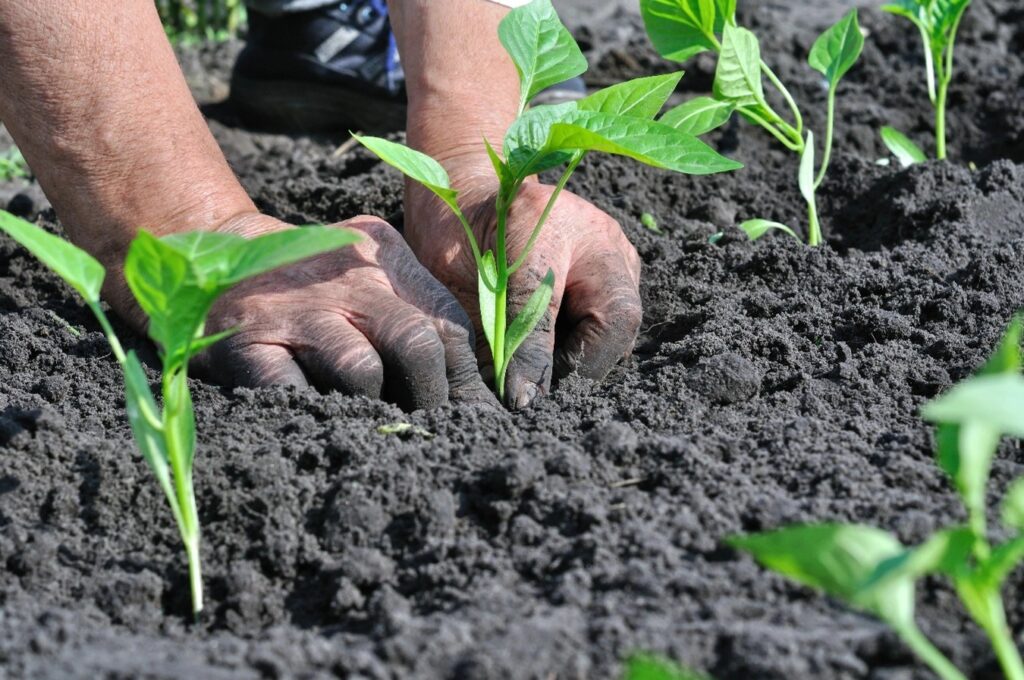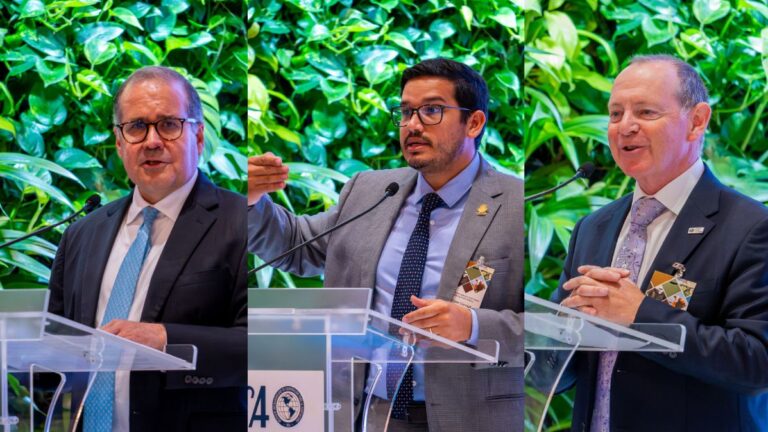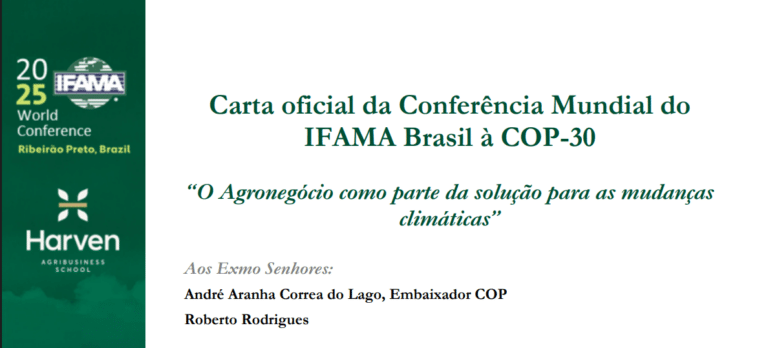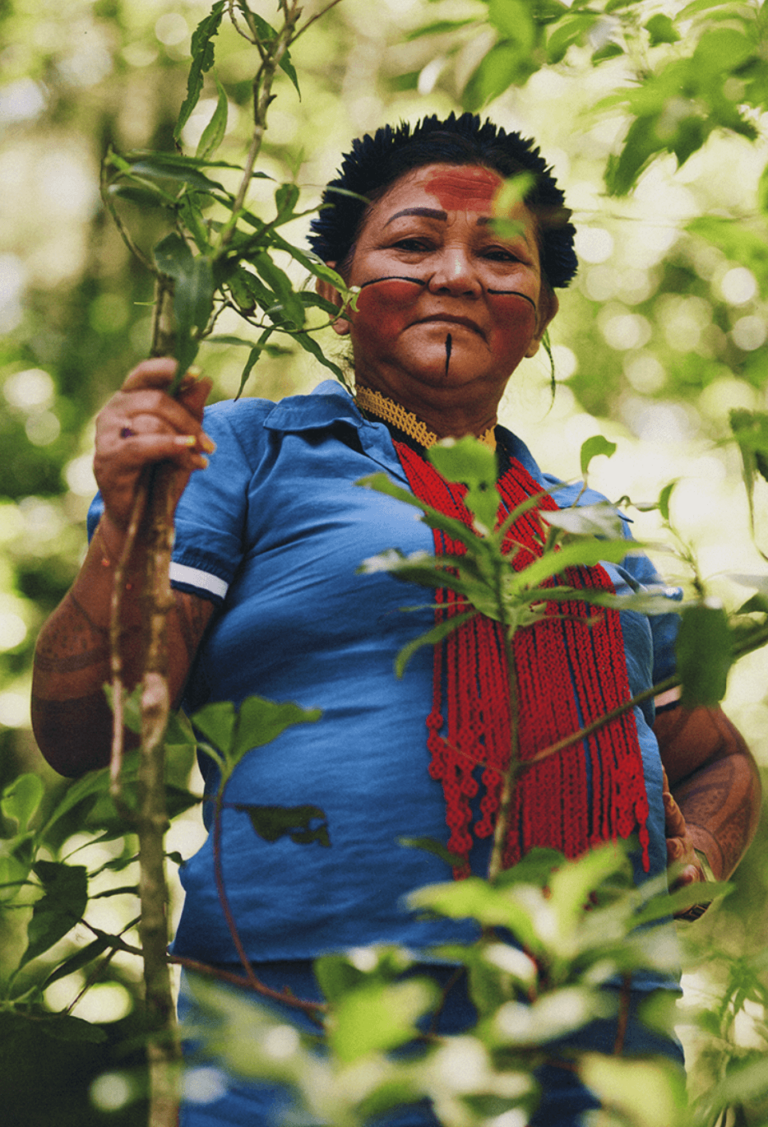
San Jose, 17 March 2025 (IICA)- The Inter-American Institute for Cooperation on Agriculture (IICA), in collaboration with the Regional Fund for Agricultural Technology (FONTAGRO) and the “Bioinputs Development and Use for Sustainable Agriculture in Latin America” project, successfully launched the international course “Bioinputs: Sustainable Technologies for Agriculture”, reaffirming the commitment of IICA and its partners to building a more sustainable and environmentally friendly agriculture sector.
Enrolling more than 550 participants from Latin America and the Caribbean in this, its first edition, the course offers a comprehensive overview of the importance and growth of the bioinputs sector.
This educational experience also served as a key forum in bringing together technical officers, researchers, decision makers and academics with an interest in sustainable solutions that optimize agricultural productivity.
The virtual, module-based course adopts a self-paced learning approach and is offered via IICA’s e-learning platform. It targets decision makers, technical officers, researchers, academics and students seeking to identify sustainable solutions to maximize agricultural productivity.
Through this new initiative, IICA is sharing relevant information about bioinputs and their role in agricultural sustainability, including their conceptual framework, benefits, challenges, market trends, regulations and opportunities for implementation in the region.
The course was developed within the context of the Hemispheric Bioinputs Platform, a project of IICA’s Hemispheric Partnership, seeking to bolster technical, scientific and regulatory capacities in the region regarding bioinput development and use.
Harold Gamboa, a Specialist from IICA’s Innovation and Bioeconomy Program, explained that training strategies, such as this course, are intended to generate key knowledge for the transition towards more efficient, resilient and sustainable production systems.
Gamboa noted that, “IICA is attempting to foster an environment conducive to the adoption of these technologies in Latin America and the Caribbean”.
Course participant Lincen García, an Agricultural Engineer and Technology Transfer Technician from the Directorate of Agricultural Science and Technology in Honduras’ Secretariat of Agriculture and Livestock, noted that these types of events offer producers and technicians an excellent opportunity to enhance their knowledge of the various facets of bioinputs use.
García observed that, “The tremendous interest shown in the course demonstrates that there is a need to learn about these technologies that improve efficiency in plant nutrition and health, while also sustainably increasing output”.
Commitment to Sustainable Development
Through initiatives like these, IICA, FONTAGRO and other partners continue to fuel agricultural transformation, by adopting innovative technologies that address environmental and productive challenges in agriculture.
The international course ” Bioinputs: Sustainable Technologies for Agriculture ” is a crucial step in establishing a more efficient and resilient agro-productive model.

Bioinputs provide a key alternative to improve agricultural efficiency, competitiveness and sustainability in the Americas.
More information:
Harold Gamboa, International Specialist in the IICA Innovation and Bioeconomy Program.
harold.gamboa@iica.int











